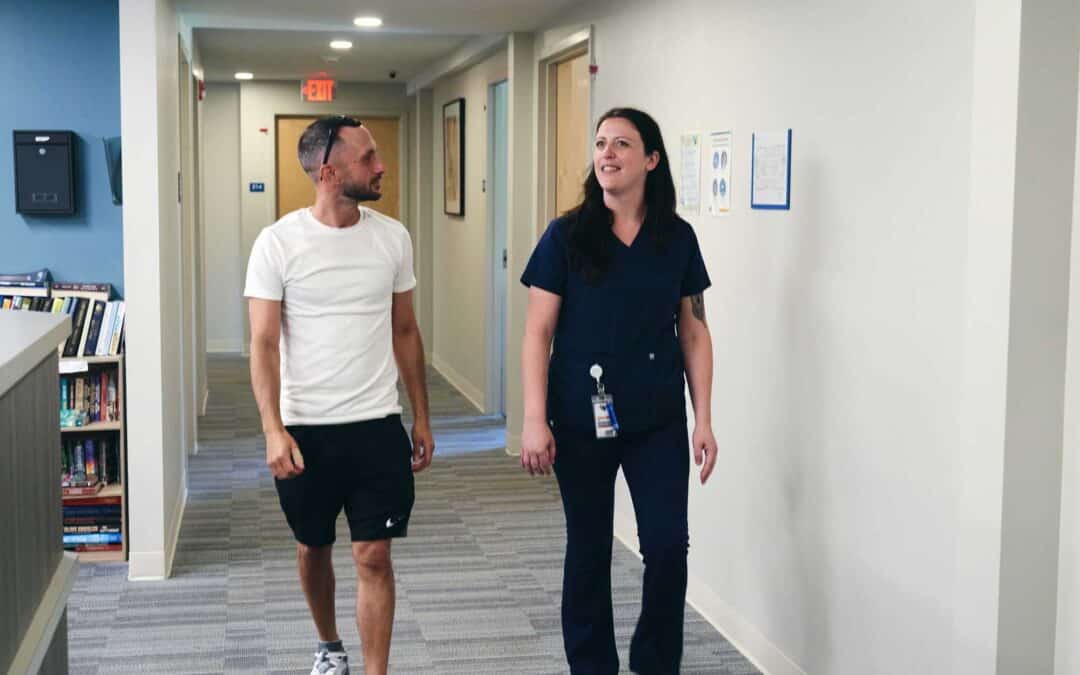When someone you love is struggling with addiction, it can be hard to know what to do. Even though things may have been difficult in the past, a person who is new to recovery needs the support of their family and loved ones more than ever. One of the best ways to be there for a loved one in those circumstances is to educate yourself on the disease of addiction. You can also research the best ways that you can support someone in their recovery, like family therapy. There are many ways that you, as a loved one, can offer and provide help, and that help can make a tremendous difference in your loved one’s recovery journey.
What Is Recovery and Why Is Support So Vital?
Recovery is a state in which someone has stopped using drugs or alcohol after a period of substance abuse or addiction. Addiction is a disease that affects the body, mind, and emotions of the person who experiences it, and it takes help and support to heal from it.
Most experts say that recovery can be a life-long process. When a person has been addicted to a substance, the impact of that addiction on all aspects of their life and health can last for a long time. Some people experience symptoms, such as anxiety and depression, which may have been present all along, but the person’s addiction concealed it. When they stop using the substance, those symptoms are still there, and the person must learn to manage them without a return to use.
Individuals who have strong community engagement, which means that they have a support network of loved ones, are more likely to stay in recovery and not relapse. In fact, people who feel well-supported are more likely to return to productive daily life activities. For instance, they may be more likely to have a job, a stable place to live, and healthy interactions with family.
What Are Some Ways that I Can Support Someone in Recovery?
There are many ways that you can support a loved one in recovery. Engaging in family therapy can be a big help. It shows support and supports the healing of relationships that addiction may have damaged.
Some of the best ways to support someone in recovery are:
- Listen — Ask your loved one what they need from you or how you can help, and then listen carefully to their answer. Offer to be there to talk any time without judgment. Be alert to how your loved one sounds when you talk to them and check with them often to make sure they are okay.
- Encourage them to reach out for support to others — Make sure they are able to attend meetings or support groups. Offer to give them rides or attend meetings for loved ones of people in recovery at the same time.
- Be honest — Always be truthful with your loved one, even when you worry they might disagree or become upset. Be kind, but be truthful and always keep any promises you have made to them.
- Promote health, wellness, and self-care — Encourage your loved one to eat properly, hydrate, get enough sleep, and generally take care of themselves. Remember that the person is greater than the illness, so don’t give up if things are hard. Even if your loved one is struggling, they are still the person you love on the inside. You don’t have to allow unacceptable behavior but always treat your loved one with compassion and care.
Seek Help from Liberty Health Services
If you or your loved one are struggling with addiction, reach out for help to a substance abuse treatment program near you. If you are near Nashua, New Hampshire, contact our caring and compassionate staff at Liberty Health Services at 855.959.4521 and let us tell you how we can help.


